
New Zealand Prime Minister Jacinda Ardern has imposed a lockdown unlike anything in the U.S.
As of Friday, the nation of 4.8 million people had 1,456 confirmed cases and only 17 deaths trib.al/izkPzPh
As of Friday, the nation of 4.8 million people had 1,456 confirmed cases and only 17 deaths trib.al/izkPzPh
New Zealanders aren’t allowed to drive except in emergencies and can only be out of the house for an hour a day, to get exercise or to buy essentials.
This one-hour limit is enforced by the police trib.al/0joDceO
This one-hour limit is enforced by the police trib.al/0joDceO
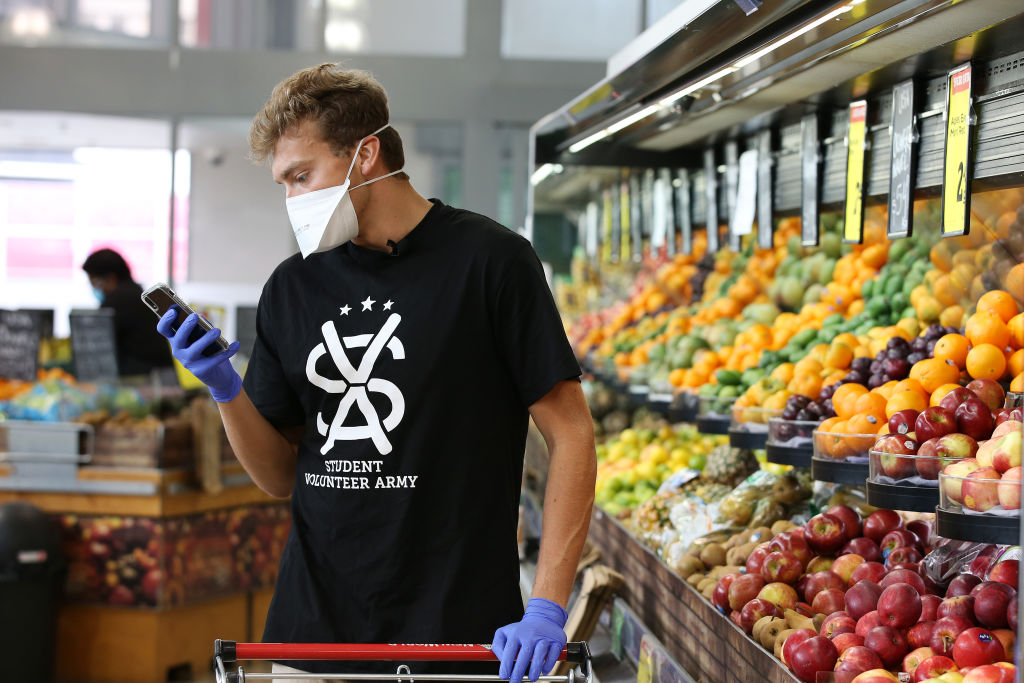
At the pharmacy, only one person is allowed in at a time, and clerks retrieve the goods so customers never touch anything until they return home.
The wait to get in a grocery store is around an hour. If you don’t have a mask and gloves, you won't get in trib.al/0joDceO
The wait to get in a grocery store is around an hour. If you don’t have a mask and gloves, you won't get in trib.al/0joDceO
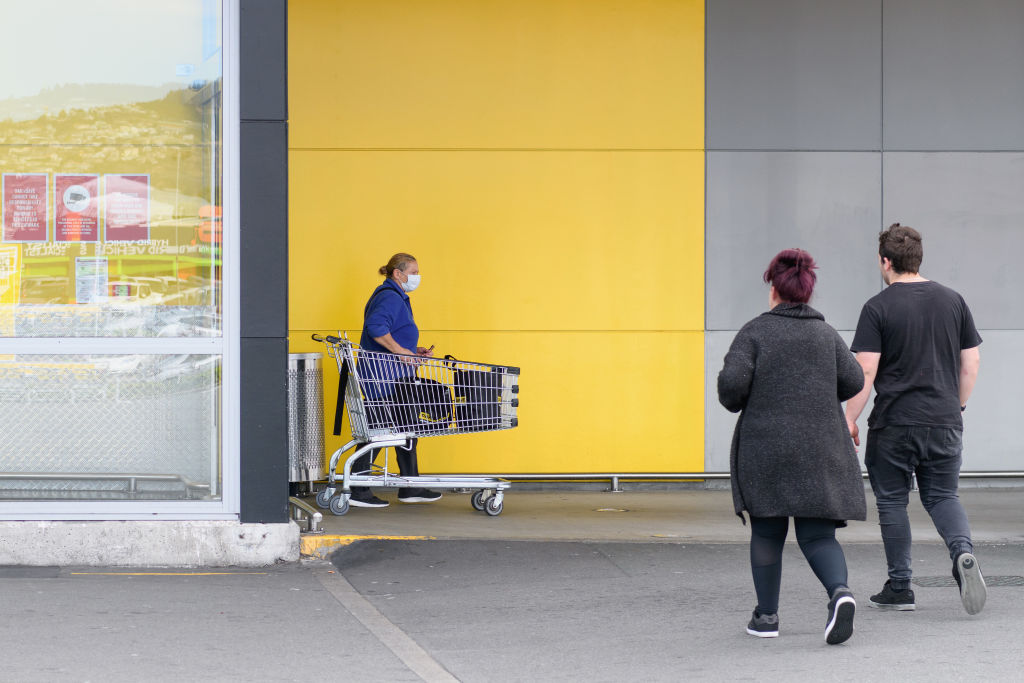
🇳🇿In New Zealand...
🚫Every restaurant is closed.
🚫There’s no take-out.
🚫There are no deliveries.
🚫E-commerce has been halted.
Food-processing companies still operate, but virtually every other form of blue-collar work is shut down trib.al/0joDceO
🚫Every restaurant is closed.
🚫There’s no take-out.
🚫There are no deliveries.
🚫E-commerce has been halted.
Food-processing companies still operate, but virtually every other form of blue-collar work is shut down trib.al/0joDceO
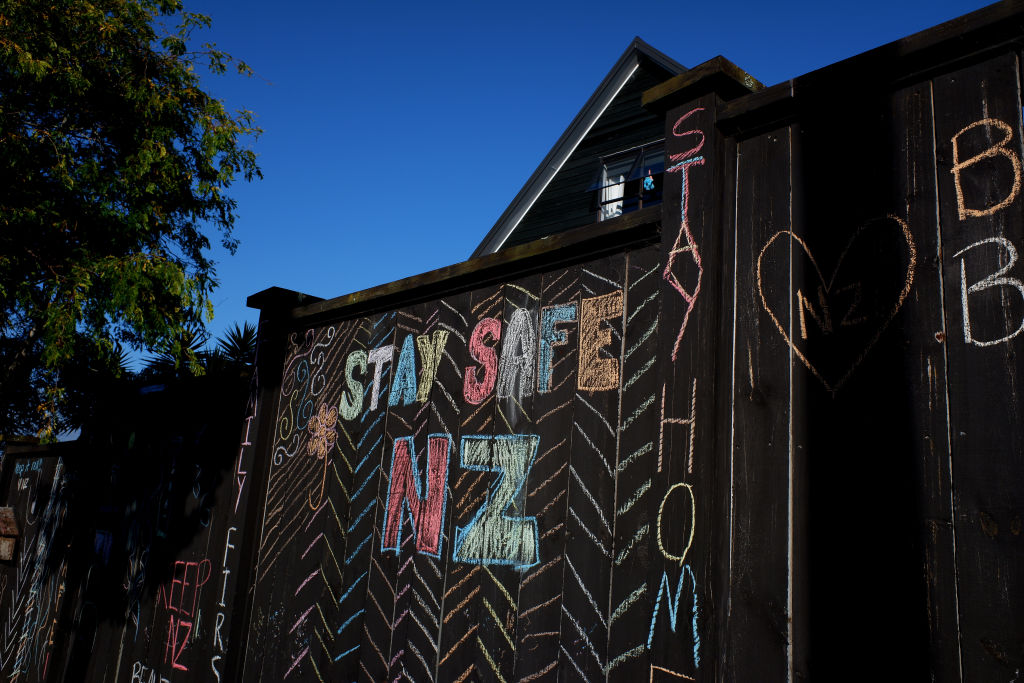
Citizens are surviving financially with emergency checks from the government.
Essential workers in New Zealand are truly essential. Although there are Covid-19 clusters — a church; a rest home; a wedding party — workplaces have largely been virus-free trib.al/0joDceO
Essential workers in New Zealand are truly essential. Although there are Covid-19 clusters — a church; a rest home; a wedding party — workplaces have largely been virus-free trib.al/0joDceO
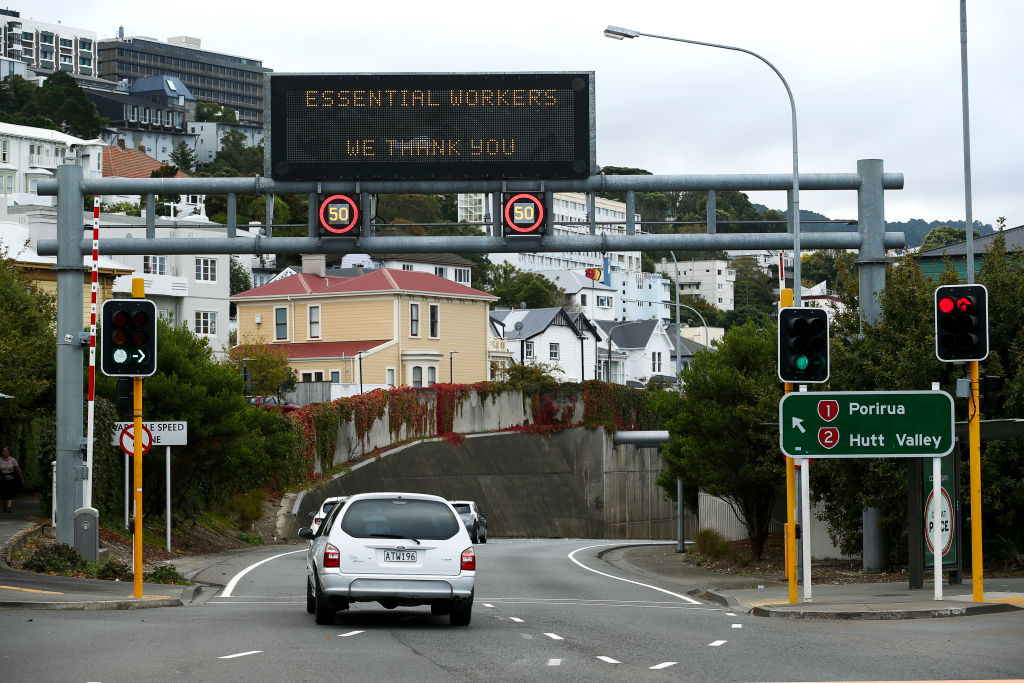
🇺🇸Compare that with the U.S.:
✅Pork plants remain open.
✅Navy shipbuilders are still running.
✅Boeing is making employees come in.
Many "essential businesses" continue to run as if nothing were amiss trib.al/0joDceO
✅Pork plants remain open.
✅Navy shipbuilders are still running.
✅Boeing is making employees come in.
Many "essential businesses" continue to run as if nothing were amiss trib.al/0joDceO
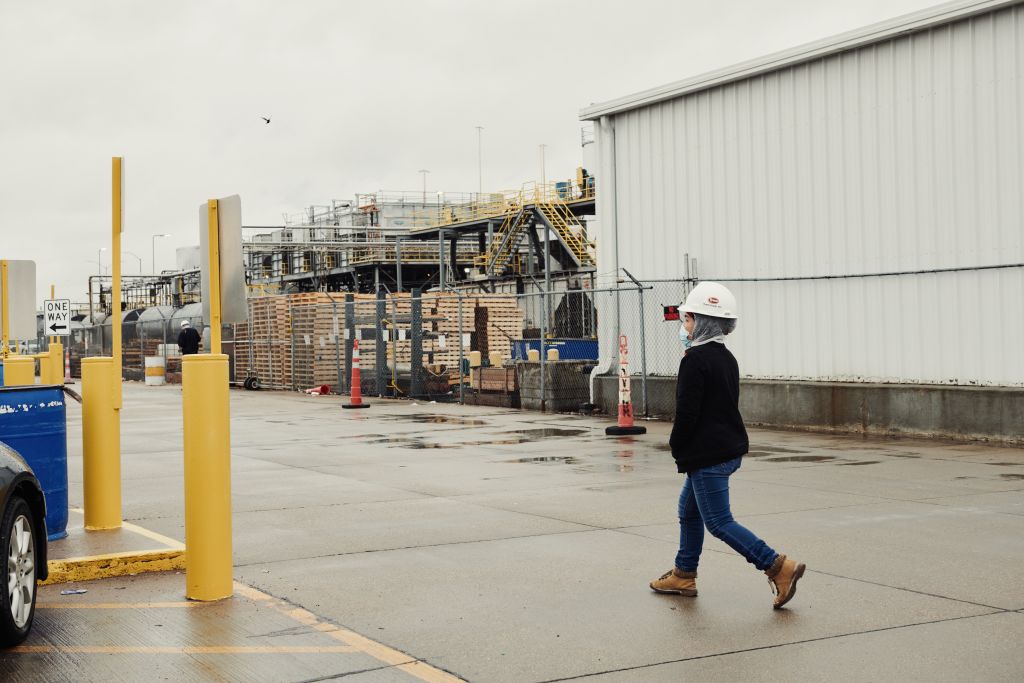
📦For FedEx and UPS, it's business as normal...
Except that Covid-19 cases keep popping up. In Houston alone at least 25 package workers have come down with the virus, as well as 19 people who work for Amazon trib.al/0joDceO
Except that Covid-19 cases keep popping up. In Houston alone at least 25 package workers have come down with the virus, as well as 19 people who work for Amazon trib.al/0joDceO
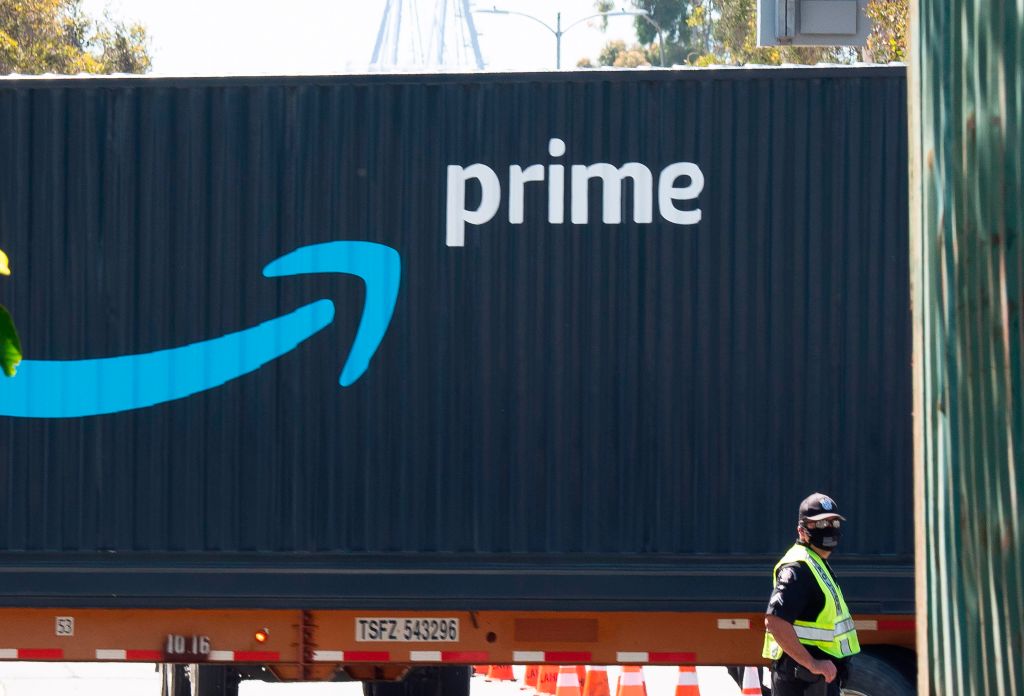
At Amazon headquarters in Seattle, the white-collar employees are working from home.
But hundreds of thousands of blue-collar employees working in the company’s enormous warehouses are still going to work every day trib.al/0joDceO
But hundreds of thousands of blue-collar employees working in the company’s enormous warehouses are still going to work every day trib.al/0joDceO
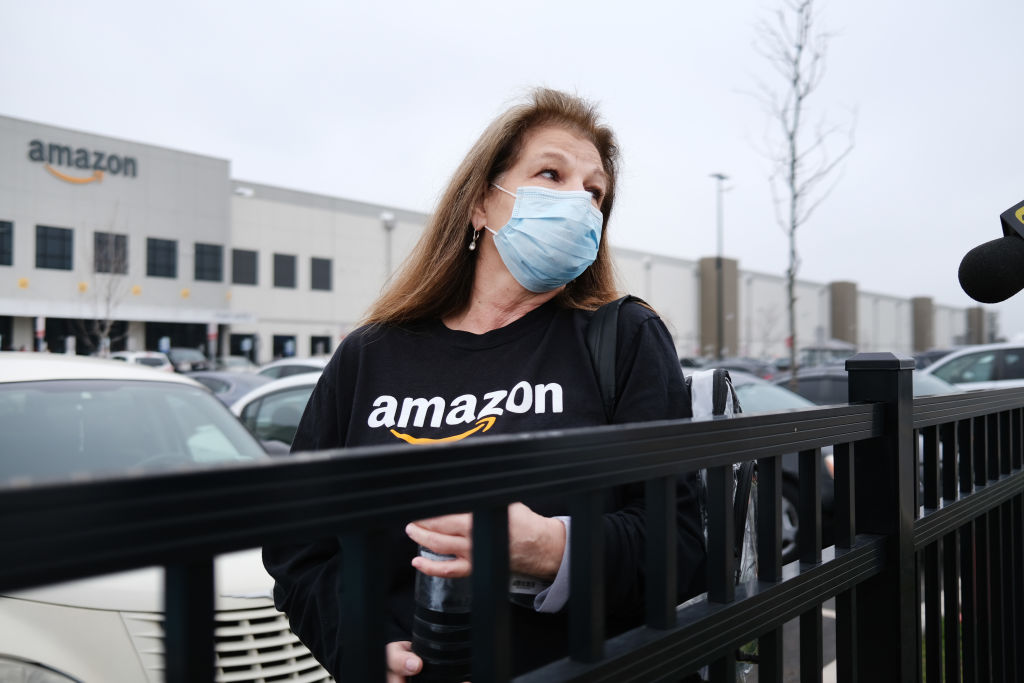
Is Amazon shipping essential goods? Of course.
You can get toilet paper and paper towels from Amazon. But it’s also still selling everything else, much of which is not essential at all
trib.al/0joDceO
You can get toilet paper and paper towels from Amazon. But it’s also still selling everything else, much of which is not essential at all
trib.al/0joDceO
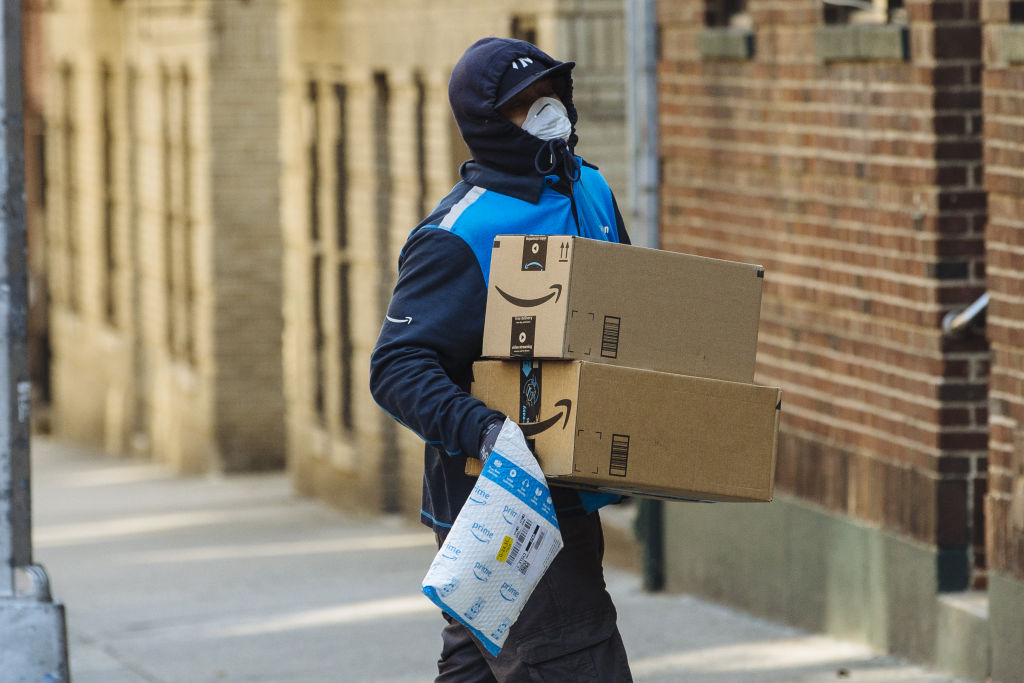
The U.S. has categorized a ridiculous number of businesses that are “essential.” But at what cost?
Thousands of other workers are putting themselves on the line for no good reason other than their bosses are demanding it trib.al/0joDceO
Thousands of other workers are putting themselves on the line for no good reason other than their bosses are demanding it trib.al/0joDceO
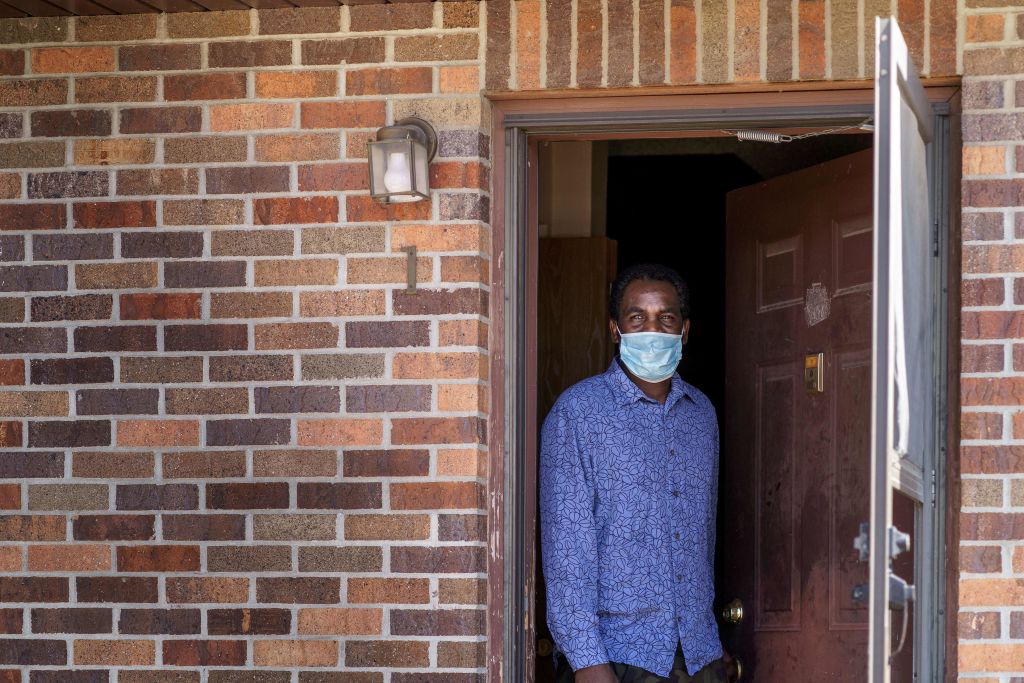
Following New Zealand’s lead would mean white-collar workers in the U.S. would have to make some small sacrifices.
But if we return to what essential truly means, we may also save lives trib.al/0joDceO
But if we return to what essential truly means, we may also save lives trib.al/0joDceO
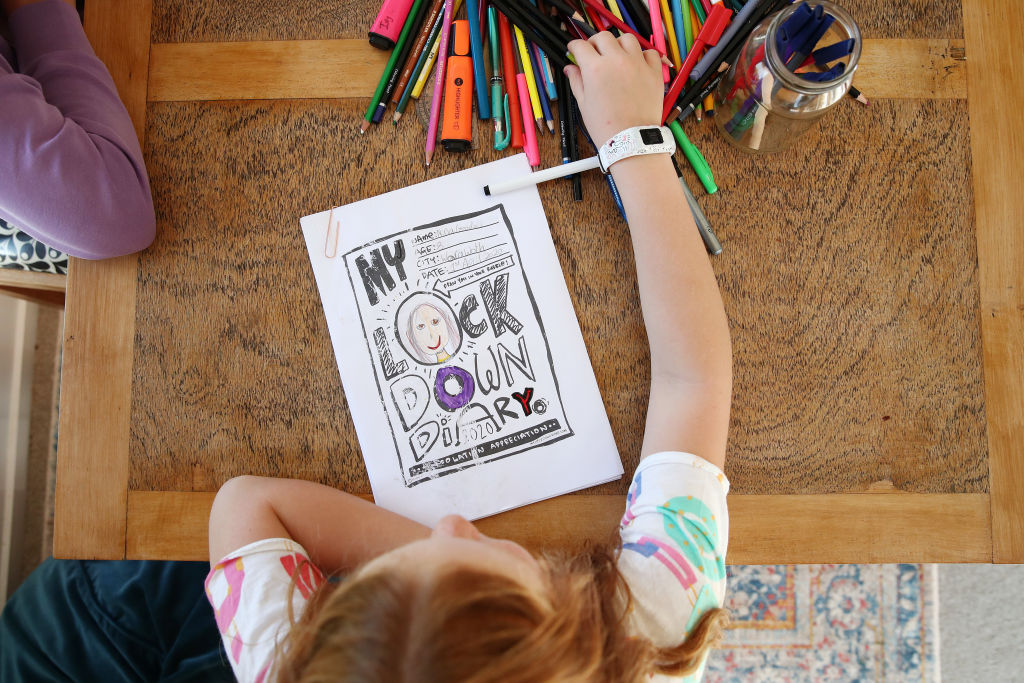
• • •
Missing some Tweet in this thread? You can try to
force a refresh









